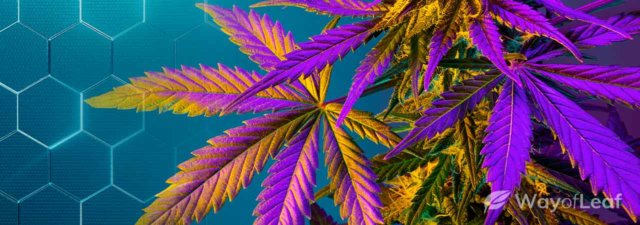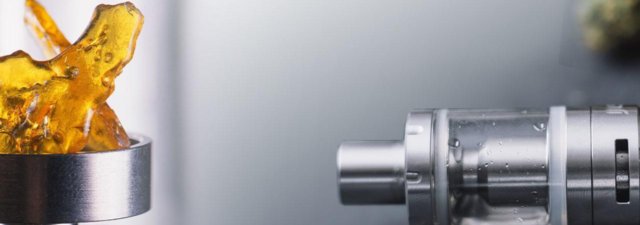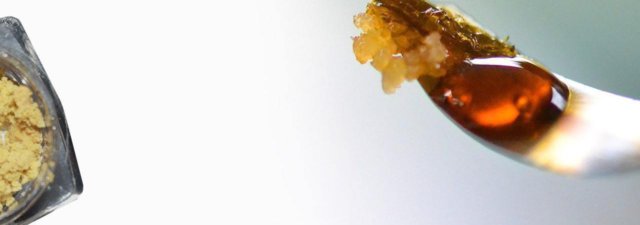For decades, American parents have been warning teenagers about the dangers of smoking marijuana. Teenagers have been ignoring these warnings for just as long. Marijuana is the most widely used illicit drug across the United States. Although, the term “illicit” isn’t likely to apply for much longer because an increasing number of states are legalizing the drug. So are these warnings substantiated? Just how does marijuana impact the brain of a teenager?
Since 1996, 33 states have legalized cannabis for medicinal use. Furthermore, 11 states, including Colorado, Washington, and Oregon now allow for the recreational use of marijuana. But these laws don’t come without controversy.
Among the concerns of the critics is that legalization may make marijuana more accessible to the youth. One of the biggest worries is that the developing brains of adolescents may be particularly vulnerable to the lasting damage associated with the drug.
There are a lot of questions surrounding the long-term effects of marijuana. But there’s also a growing amount of research pointing towards findings that suggest that starting young and frequent marijuana use may disrupt brain development.

Want to experience the qualities of THC-A flower? The amazing brand Premium Jane just launched their new line, including strains like OG Kush, Purple Cream, and Blue Dream Pie. Averaging 23% THC-A, there’s so much to love with these flowers. Try them today to get 20% off using WayofLeaf’s exclusive coupon code: THCAWOL
How Marijuana Can Harm the Teenage Brain
In a compelling study done at Johns Hopkins Medicine, researchers established a fascinating hypothesis in an attempt to explain how marijuana use in some teens can cause cognitive impairment in adulthood. The study also went onto suggest that anti-inflammatory therapies could potentially prevent marijuana-induced brain damage.
Multiple studies have linked teen marijuana use to certain cognitive impairments later on in life. However, this connection hasn’t been consistent across all studies, which leads scientists to believe that there must be an underlying genetic component that intensifies the adverse effects of the drug. This explains why some people can smoke weed as a teenager with no negative effects later on in life, while others risk developing memory impairments or mental health issues.
This particular study focused on a specific mouse model that was genetically engineered to have a mutation in a gene known as DISC1. The effects of this mutation were first discovered in a family found to have a major heritable history of bipolar disorder, schizophrenia, and depression. In this study, the mutated gene acts as a good precursor for studying whether THC amplifies the effects.
The first stage of the study found that when DISC1 mice were administered THC in their adolescent stages, they experienced enhanced cognitive deficits later in life when compared to those who weren’t administered THC. The next step was to examine what specific genes and brain cells were activated after THC exposure that may be associated with adverse cognitive effects.
It was found that cognitive problems in the mice only formed when THC exposure triggered the mutated DISC1 gene in astrocyte cells in the brain. The astrocytes are crucial star-shaped glial cells that surround and protect the neurons in the brain. Furthermore, researchers found that 56 genes specifically linked to inflammation seemed to catalyze the cognitive problems in connection to THC exposure.
Essentially what all this means is that THC exposure appears to be increasing the inflammation in astrocyte brain cells, and when a specific gene mutation is present, this ultimately results in cognitive dysfunction and brain damage.
Why Marijuana Use Could Have an Impact on the Teenage Brain
Researchers have reported that when studying marijuana use in teenagers, they find very many brain regions in which the grey matter volume is greater in marijuana users. This could be the result of smoking even just one or two joints. Grey matter refers to the darker part of the brain – this is where all the synapses live.
It may seem counterintuitive that marijuana use is associated with an increase in brain volume. But during the teenage years, the brain is actually getting smaller in size. At the age at which these kids are studied, cortical regions are going through a process of thinning. The suggestion is that this is a “sculpting” process that makes the brain and its connections more efficient.
If marijuana use is affecting this process, then it’s reasonable to believe that it could cause cognitive differences.
What the Research Says
One particular study, published in the American Journal of Psychiatry, suggested that cannabis could have a more negative impact on teenagers cognitive development than alcohol. The study published a warning to teens that regular marijuana use could have long-lasting effects on the brain.
The study looked at 3,826 teens starting from seventh grade, over the course of four years. The participants sent back annual reports that documented their level of marijuana and alcohol use. Participants were also given cognitive tests by researchers to gauge their perceptual reasoning, recall memory, working memory, and inhibition.
The study reported that those participants who used marijuana more than others experienced cognitive function changes that seemed to be more pronounced than those observed for alcohol use. The more the teens used marijuana, the worse the problems seemed to be. Furthermore, unlike alcohol, the harmful effects on the brain caused by weed appear to be lasting.
In 2013, 43 studies of chronic cannabis use and the brain were reviewed by Rocío Martín-Santos, MD, Ph.D. and his colleagues, at the University of Barcelona. They found consistent evidence of both altered neural activity and structural brain abnormalities in marijuana users.
Only eight of these studies focused on adolescents but the findings suggest that both functional and structural brain changes emerge soon after adolescents start to use the drug.
Probably most shocking is one of the latest studies published in the Journal of Neuroscience, which suggests that even low levels of marijuana use – just one or two times – may change the teenage brain.
The study looked at forty-six 14-year-old boys and girls from Ireland, France, Germany, and England, and found that teens who reported using marijuana only once or twice displayed an increased volume on MRI images in various brain regions that are involved in learning, emotion-related processing, and forming memories.
So while most people would assume that one or two joints would have no impact, it appears as though it very possibly could.
Final Thoughts on Teen Marijuana Use
The risks of marijuana use on the developing adolescent brain have been extensively documented. However, that’s not to say that the answer is clear cut. While teen marijuana use may affect some users in the long-term, it could have little to no effect on others. One possible reason is that those who suffer from a certain hereditary gene mutation may be more prone to the adverse effects of marijuana use.

Want to experience the qualities of THC-A flower? The amazing brand Premium Jane just launched their new line, including strains like OG Kush, Purple Cream, and Blue Dream Pie. Averaging 23% THC-A, there’s so much to love with these flowers. Try them today to get 20% off using WayofLeaf’s exclusive coupon code: THCAWOL




![Does Cannabis Cause Bronchitis? [Revealing the Truth]](https://wayofleaf.com/wp-content/uploads/2020/04/does-cannabis-cause-bronchitis-640x225.jpg)





![What Is Kush Weed? [The Rookie’s GUIDE]](https://wayofleaf.com/wp-content/uploads/2018/11/what-is-kush-marijuanaand-where-does-it-come-from-640x225.jpg)
![Are You Permitted to Smoke Cannabis in the Military? [ANSWERED]](https://wayofleaf.com/wp-content/uploads/2018/03/wol_weed-in-the-military-640x225.jpg)

![How to Know If You’re Allergic to Weed [Definitive Guide]](https://wayofleaf.com/wp-content/uploads/2017/04/marijuana-alergies-640x225.jpg)
